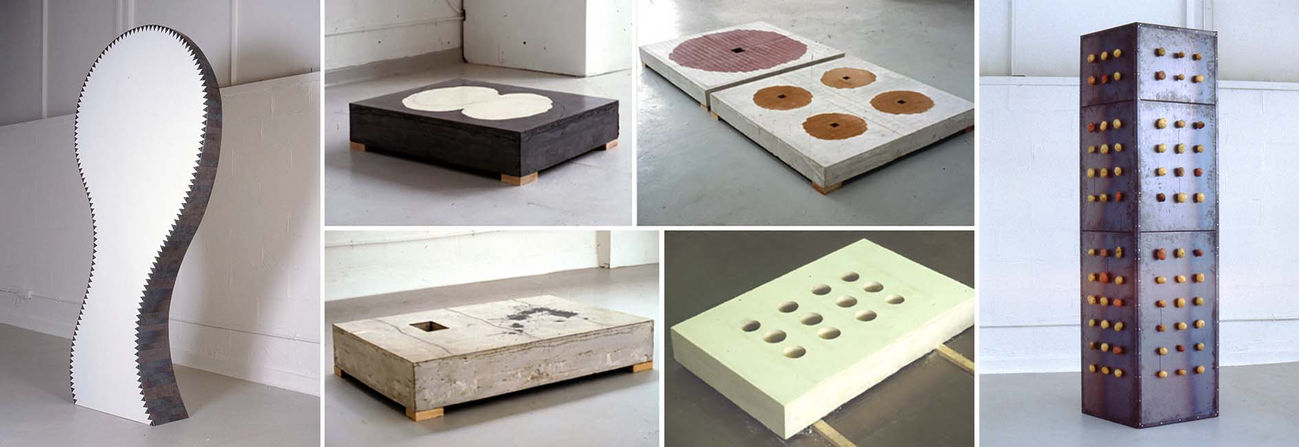
The ‘Epistemic Object’ in the Creative Process of Doctoral Inquiry
My contribution emerged from conversations with Carole Gray following her mock examination of my practice based PhD (Norwich University of the Arts/University of the Arts London, 2016). The outcomes of which exemplified and extended her existing interest in the concept of the epistemic object in the creative process of doctoral inquiry.
1/1/18
Carole Gray, Julian Malins
This research operates within the context of practice-led doctoral research in the art and design sector where there has long been debate about the role of the artefact/creative works in the process of inquiry and in the final submission for Ph.D. examination.
The chapter brings together a number of PhD case study examples in order to suggest an alternative way of considering the role of artefacts/creative works in a doctoral submission. Drawing on Hans-Jorg Rheinberger’s term ‘epistemic things’, the chapter discusses the liberating concept of ‘epistemic objects’ – their possible forms and agencies. Furthermore, it proposes an alternative display/sharing of the understandings generated from such objects through the concept of ‘exposition’ as opposed to exhibition. Adopting a Deleuze and Guaittari rhizomatic methodology, the research also provides practical generic advice on how a doctoral exposition might be shaped and what if might comprise
My practice-based PhD exposition features as an extended key case study within the chapter. Drawing reference from Theodor Adorno’s notion of the constellation, I adopt a constellatory approach to the practice which takes the form of a quasi-catalogue of abstract ‘thingly’ sculptural components that are conceived in a way that they can be continually (re)configured in a series of staged installational mis-en-scènes. The intention is to maintain a level of methodological mobility where the ‘material particularity’ of the work prompts somatic and semantic resonances, which in remaining ambiguous can accommodate complexity and contradiction. A key finding is my notion of ‘productive-indeterminacy’ - the epistemological dimension of aesthetic experience that has the capacity to shed light on the phenomena yet at the same time continually elude conceptual grasp and cannot be reduced to instrumental reason. This has correspondences with Hans-Jorg Rheinberger’s conception of ‘epistemic-objects’, which are characterised by ‘an incompleteness of being and the capacity to unfold indefinitely’ (Knorr-Cetina 2001:181).



